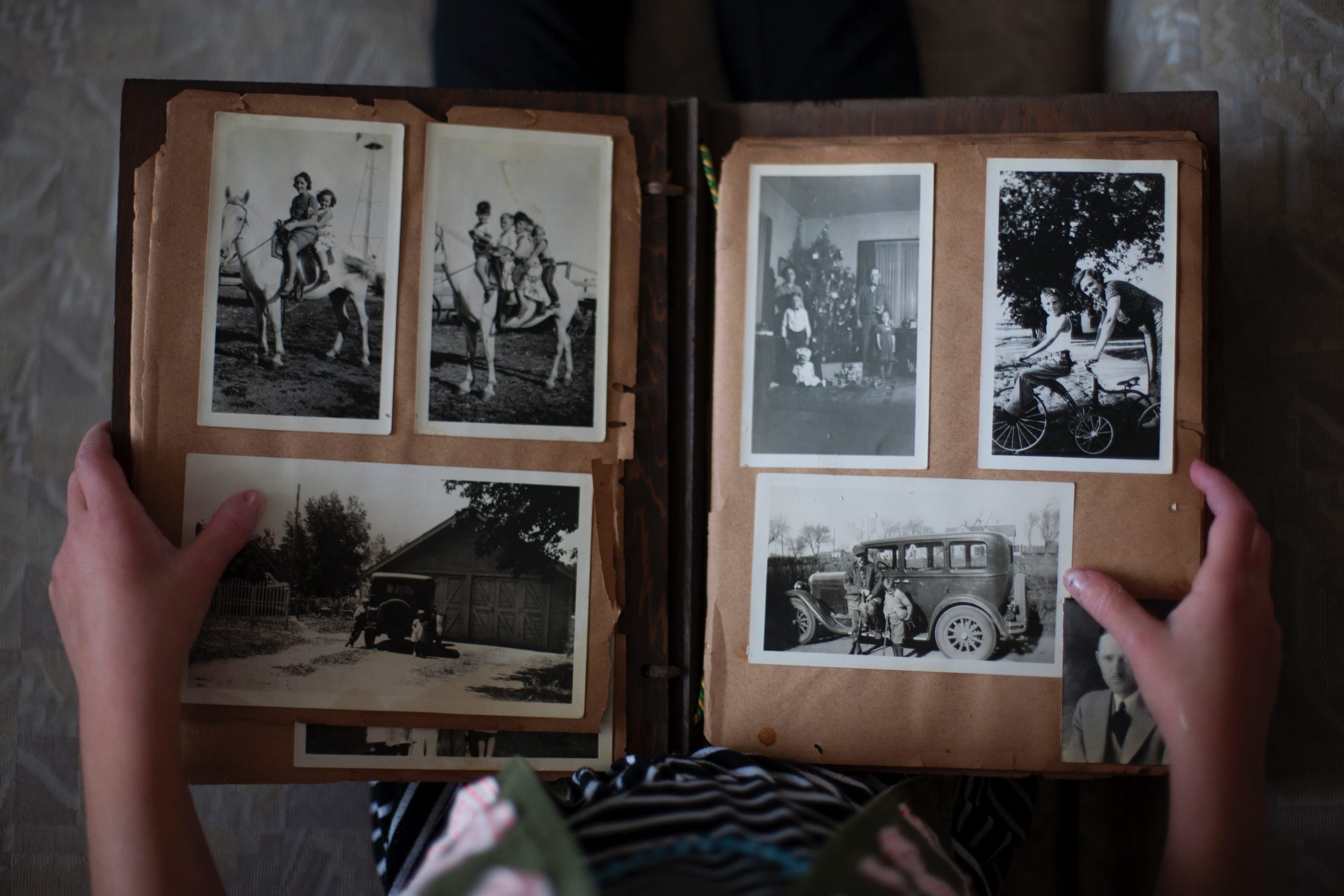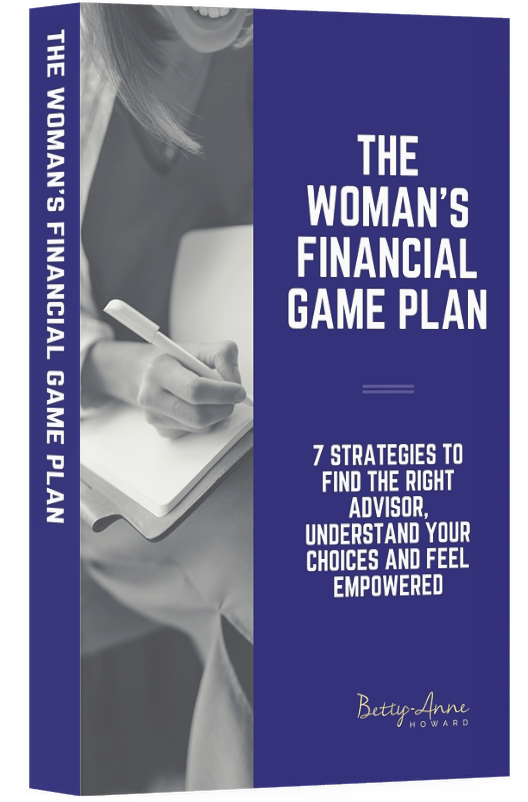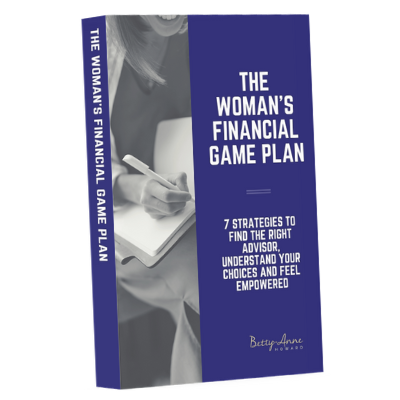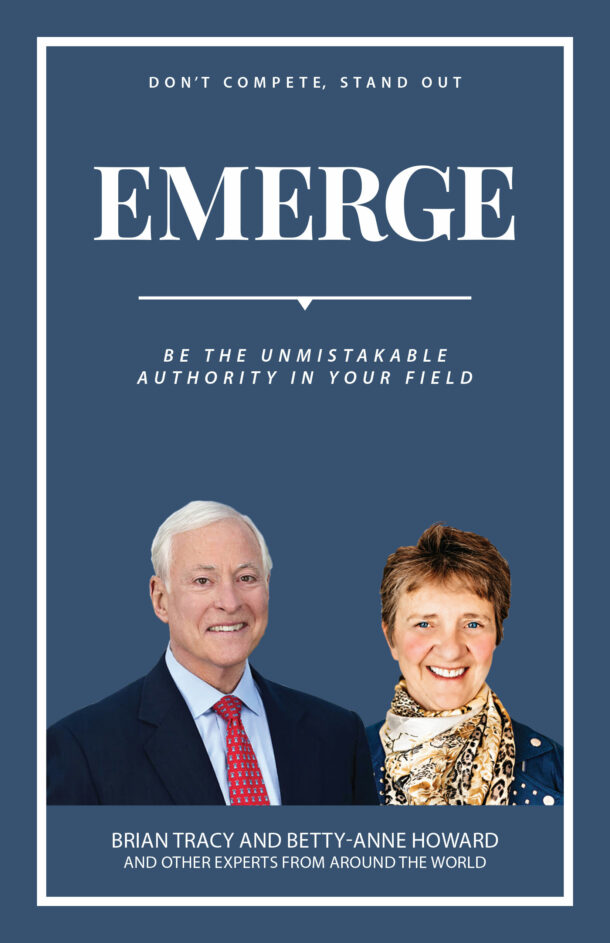
Your experiences shape you and your legacy.
When you imagine the legacy you’ll leave behind, this vision is the result of the life you’ve lived. Your attitude and feelings about money, giving, and philanthropy, have been shaped, for better or worse, by what you’ve seen, heard, and done.
How Your Experiences Shape You & Your Legacy
Throughout my career, I’ve had the opportunity to have many meaningful conversations about financial planning, giving, philanthropy, and leaving a legacy.
During these conversations, I’ve learned a lot about different perspectives on each of these topics.
We all have people in our lives and experiences in our lives that inform us and impact us. They can also lead us to be passionate about our legacy. And I’ve learned that legacy means different things to different people.
I recently interviewed Heather Austin-Skaret, and she described to me how growing up in church on the East Coast shaped the way she views legacy:
“There’s this a…this one little song when I was a kid that talked about a Magic Penny and if you held it tight in your hand, you wouldn’t have any but if you lent it, spent it, or gave it away, you would end up having more. It’s a children’s song. It’s a Sunday school song and it’s has stayed with me all of these years because that’s exactly what Philanthropy is about. It doesn’t have to be the Carnegie’s of the world who have a lot of money to share and a lot of wealth to share. It can be a very small thing that has a huge impact on those who are going to receive the benefit of the charity.”
Here are some other important lessons I’ve learned about how your experiences shape you and your ideas about legacies.
1. Legacy might be a scary word
Maybe the first time you heard the word legacy was as a child at a funeral for a loved one. Since then, you can’t hear the word without remembering a tragic event.
The word “legacy” is so often associated with death it can become a scary word itself – especially when death is such a taboo subject in many cultures.
As Codi Shewan said in my recent interview with her:
“The truth is, especially in North America, we live in a really death adverse society. People do not like to talk about their death, think about their death. They don’t like to [do it].”
But that brings me to the next lesson I’ve learned about legacy.
2. Legacy doesn’t mean death
Your legacy doesn’t only matter once you’re gone. It’s something you create while you live.
You have an opportunity to live out your legacy every day.
Ask yourself how you want to be remembered when you’re gone. Write a list. Maybe it will include words like philanthropic, generous, loyal, kind.
Keep each of these words in mind as you conduct your life and actively live the kind of life you want to be remembered for.
We have to be thinking about what we do every day as part of our legacy.
3. You don’t need to choose between charity and family
Another way your experiences shape you and your thoughts about legacy is causing you to think you need to choose between leaving money to a charity versus to your family. The truth is, there are ways to do both. Not only that, but thanks to a variety of different strategies, the tax savings from money going to charity can actually enhance what gets left to your family.

4. You have agency in your legacy
Unfortunately, I often hear from people who have given up on actively shaping their legacy simply because their experiences have taught them it’s a hopeless endeavor.
But that’s simply not true!
One of the special things about leaving a legacy is the active role you can play in doing so.
For me, this started with learning more about charities. As I learned more about what they do, I was astounded at the extent of their impact and how we can play a direct part in improving the lives of others. I wrote about three of the incredible benefits of giving to charity (including the tax-saving benefits) in this post.
But it’s never too soon to start thinking about your legacy. In fact, the more you do, the less scary it seems. Instead of shying away from talking about leaving a legacy, you become proud of the legacy you’re shaping and the ways you give back.
No matter how big or small you want your impact to be, you need to plan your life legacy accordingly. This might feel overwhelming at first; like you have no clue where to start. But I’m here to help and offer new insight into creating your legacy.
It IS possible to get clarity about the legal, financial, and tax-saving aspects of legacy planning while also feeling good about your impact.
It’s never too late to have new experiences shape you and your legacy.
To help you illuminate the path forward, overcome mindset roadblocks, and live a life legacy you’re proud of, the help of a financial planner can make a world of difference. Please reach out to discuss your current and future financial and estate planning needs and get the clarity you deserve.
For all of my Imagine Your Legacy interviews with philanthropists, business owners, and other financial planners, head over to my Youtube channel.
Did you enjoy this article? Here are three more you should also have a look at:
Have you thought about what you want your legacy to be?
Who do you want to benefit from your money when you are no longer here?
How to Magnify Your Charitable Gift Giving






0 Comments